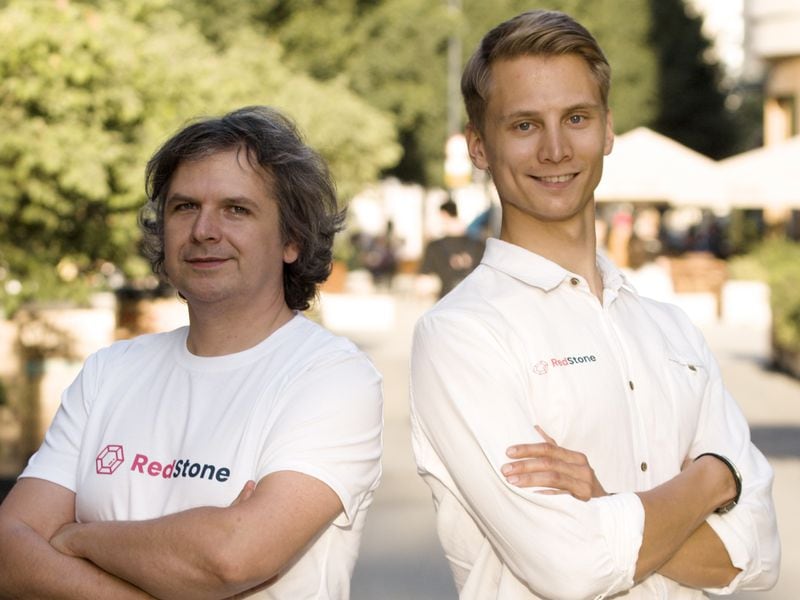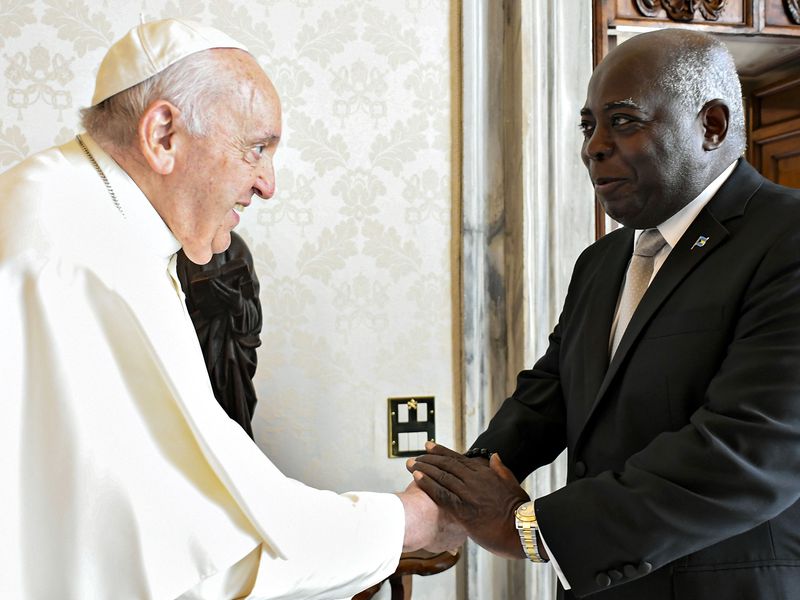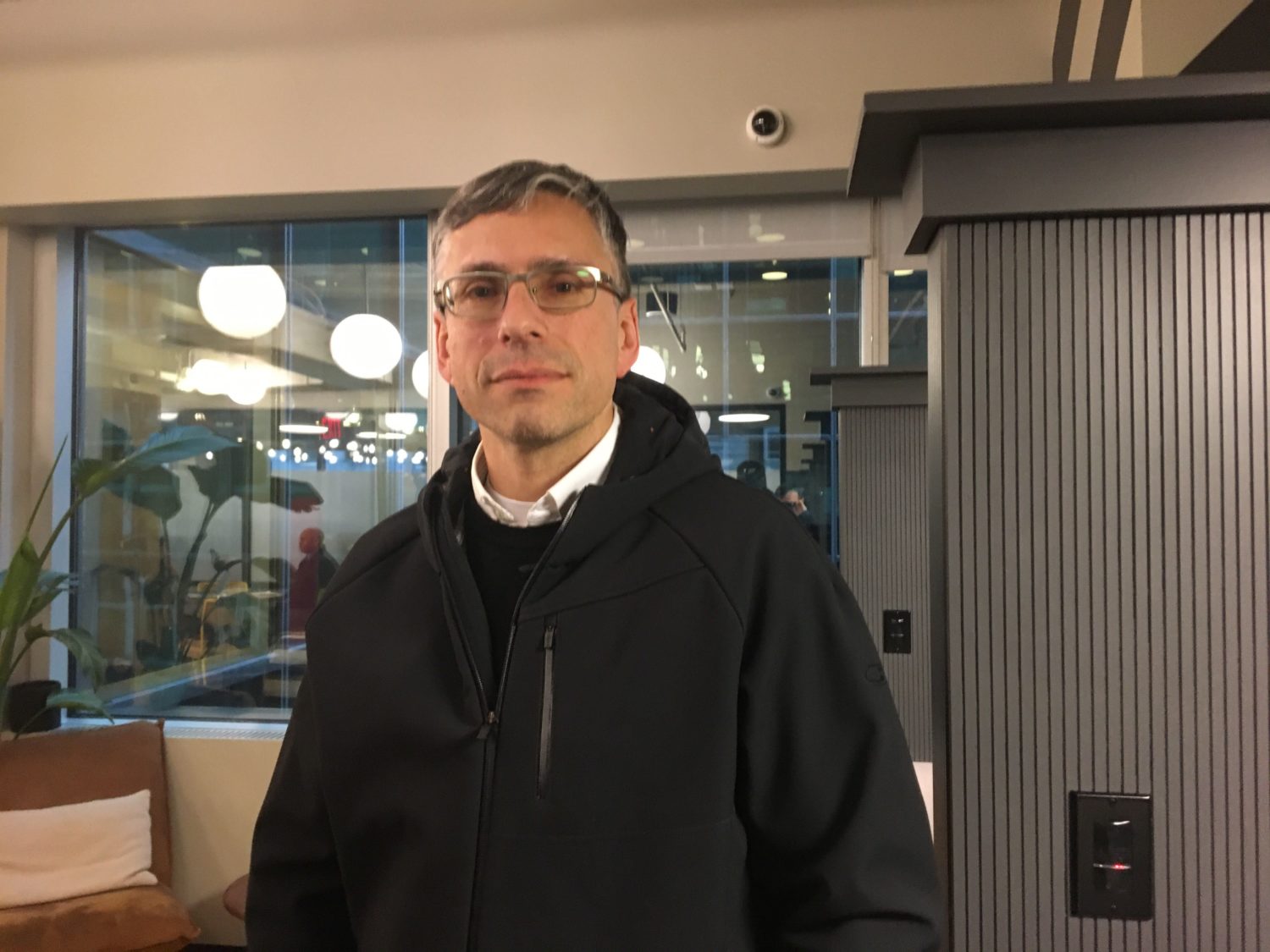The History, Present and Future of Central Banks, Feat. George Selgin
The History, Present and Future of Central Banks, Feat. George Selgin
The Director of the Cato Institute’s Center for Monetary and Financial Alternatives gives an eye-opening, 200-year history of today’s most powerful economic institution.
For more episodes and free early access before our regular 3 p.m. Eastern time releases, subscribe with Apple Podcasts, Spotify, Pocketcasts, Google Podcasts, Castbox, Stitcher, RadioPublica, iHeartRadio or RSS.
This episode is sponsored by Crypto.com, Bitstamp and Nexo.io.
Today on the Brief:
- Better news in the jobless claims this week
- A new bitcoin adoption cycle?
- Checking on Lebanon
Our main conversation is with Dr. George Selgin.
Dr. Selgin is a Senior Fellow and director of the Cato Institute’s Center for Monetary and Financial Alternatives as well as Professor Emeritus of Economics at the University of Georgia.
In this eye-opening conversation, he and NLW go deep on the history, present and future of central banks, including:
- Why the Scottish and Canadian banking systems in the 19th century show that central banks aren’t a prerequisite for stability
- Why the U.S. “free banking” system wasn’t free at all
- Why the instability in the late 19th century U.S. banking system was caused by regulation, not the lack of a Federal Reserve
- Why the Fed’s first decades were a disaster
- Why the Fed gets more power when it underperforms
- The problems with the Fed’s response to 2008
- What lessons the Fed could have learned (but didn’t) between the Great Financial Crisis and COVID-19
Find our guest online:
Website: Alt-M.org
Twitter: @GeorgeSelgin
For more episodes and free early access before our regular 3 p.m. Eastern time releases, subscribe with Apple Podcasts, Spotify, Pocketcasts, Google Podcasts, Castbox, Stitcher, RadioPublica, iHeartRadio or RSS.
Disclosure
The leader in blockchain news, CoinDesk is a media outlet that strives for the highest journalistic standards and abides by a strict set of editorial policies. CoinDesk is an independent operating subsidiary of Digital Currency Group, which invests in cryptocurrencies and blockchain startups.









